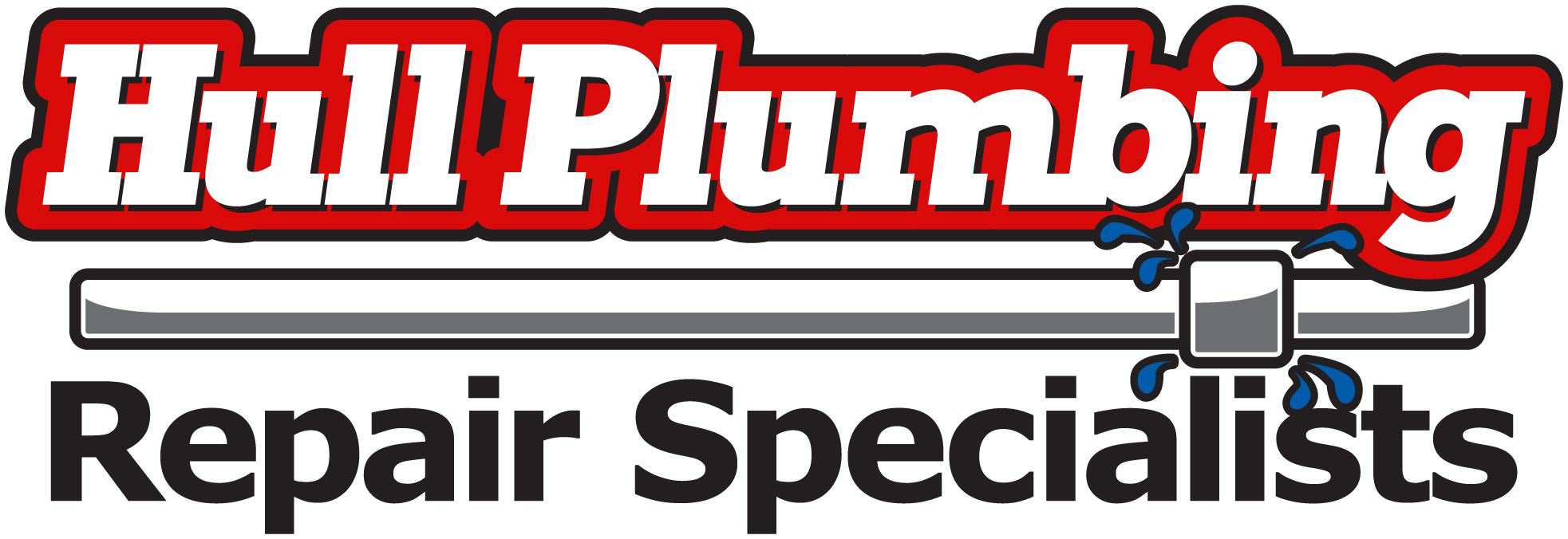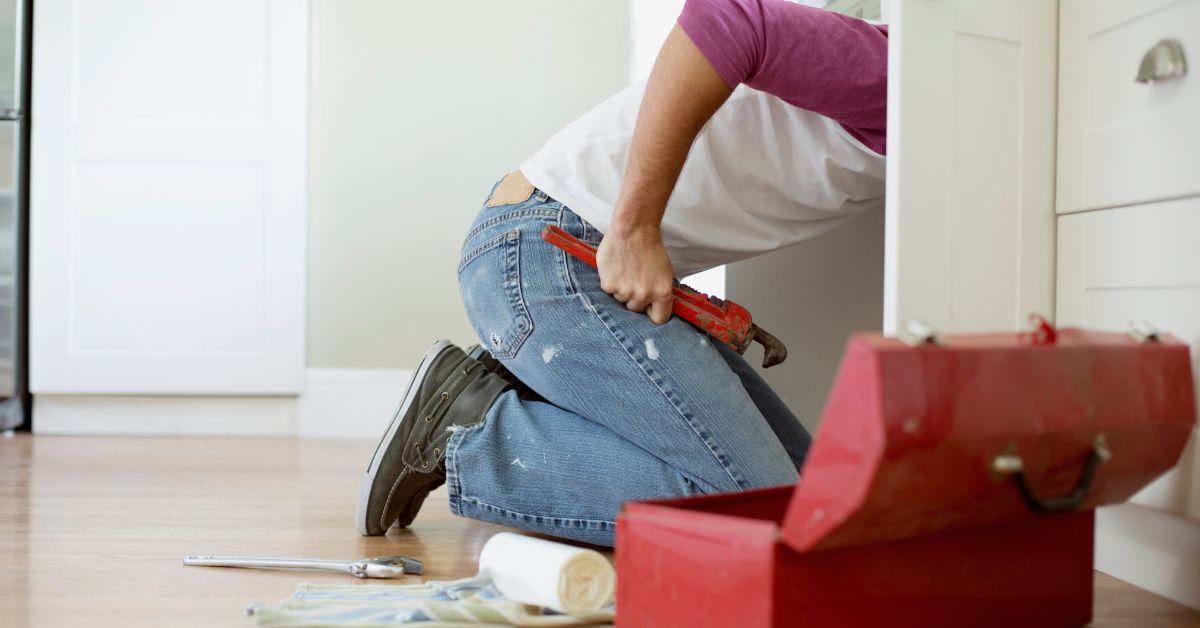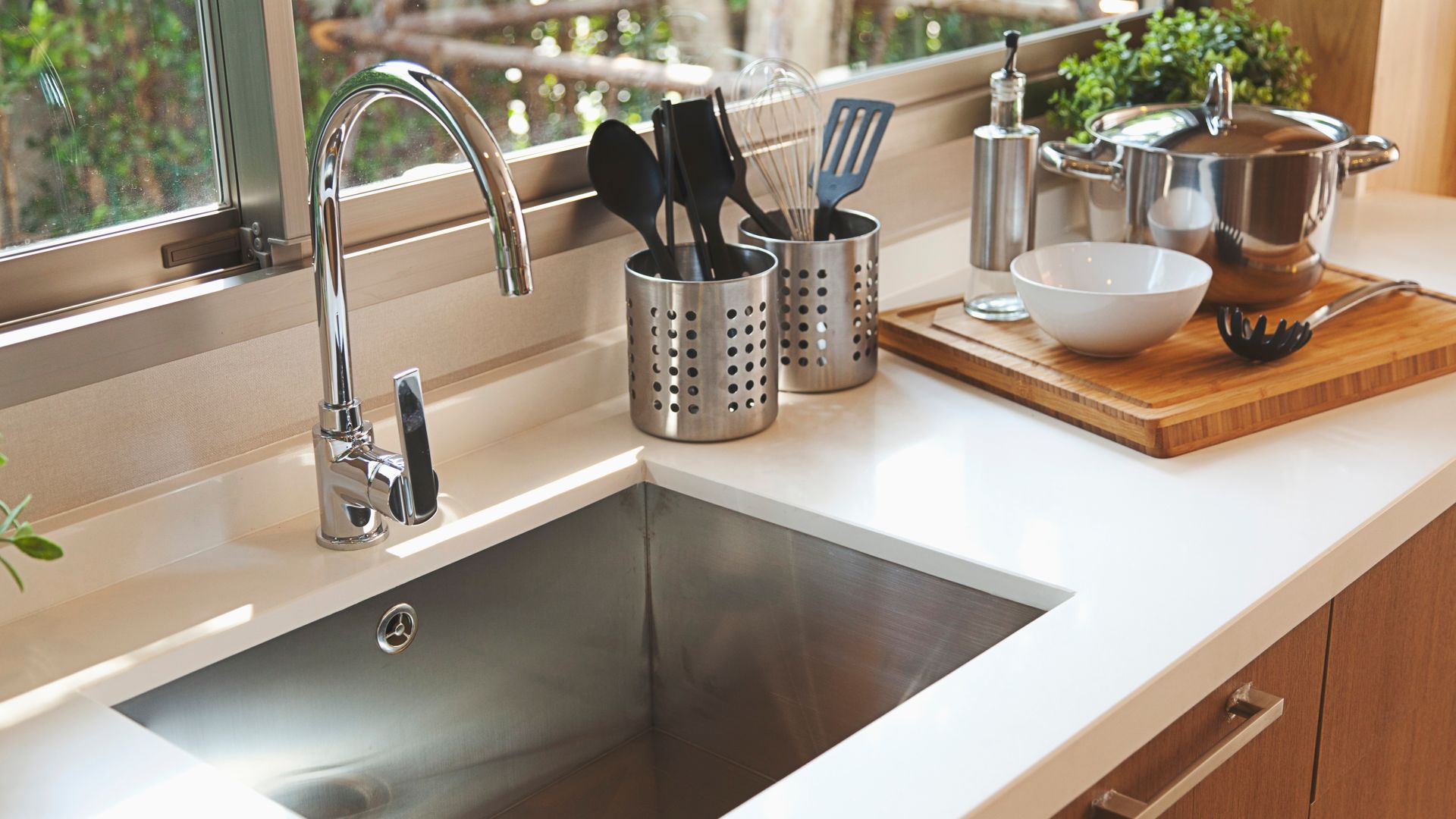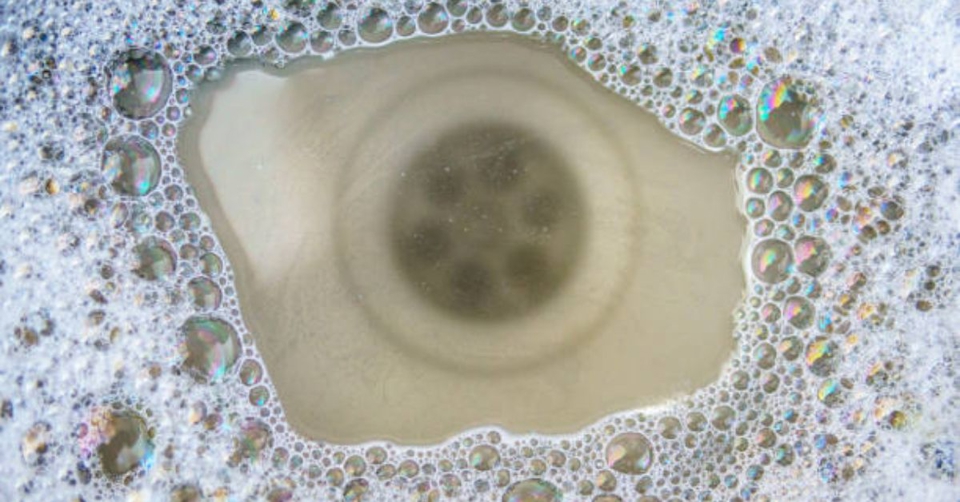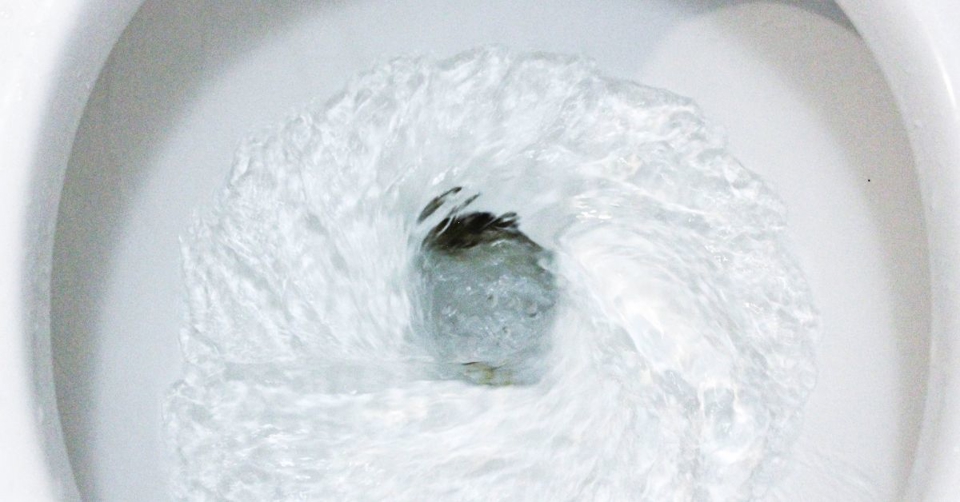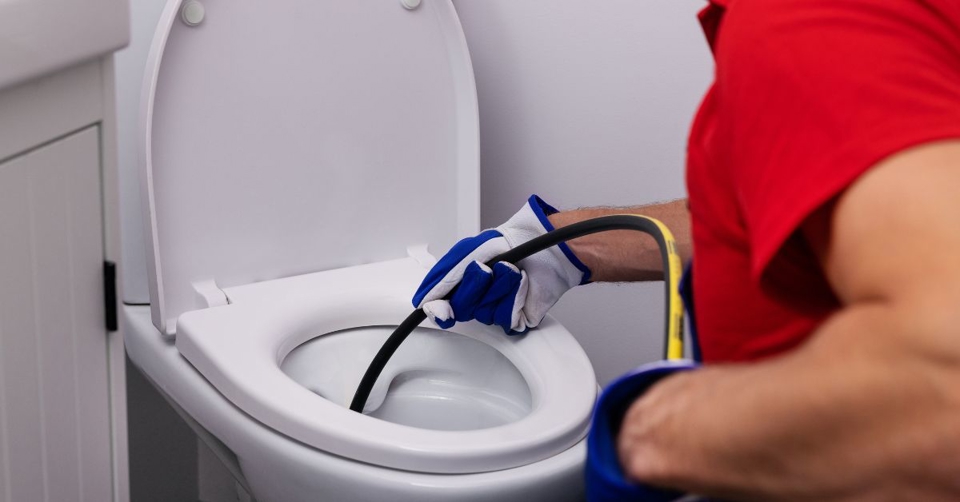Understanding the Risks of DIY Plumbing Fixes
Common Misconceptions About DIY Plumbing
Many homeowners are drawn to the allure of DIY plumbing, lured by the promise of cost savings and the satisfaction of a job well done. However, the reality often diverges from this idealized vision.
- One common misconception is that plumbing tasks are straightforward and require minimal expertise. This belief can lead to underestimating the complexity of plumbing systems, which are intricate networks requiring precise handling.
- Another myth is that DIY plumbing is significantly cheaper than hiring a professional. While it might seem cost-effective initially, the potential for mistakes and subsequent repairs can quickly inflate expenses.
The assumption that online tutorials can replace professional experience further perpetuates these misconceptions, often resulting in incomplete or incorrect repairs that exacerbate the problem.
Potential Hazards and Consequences
The risks associated with DIY plumbing extend beyond financial implications, encompassing a range of hazards that can compromise the safety and integrity of your home.
- Improper repairs can lead to water damage, which not only affects the immediate area but can also promote mold growth, posing health risks to occupants.
- Structural issues may arise when leaks go unnoticed, weakening the foundation and leading to costly renovations.
- Mishandling plumbing components can result in severe consequences, such as burst pipes or sewage backups, which require immediate professional intervention.
These hazards underscore the importance of recognizing the limits of DIY capabilities and the potential repercussions of overstepping them.
Legal and Insurance Implications
Engaging in DIY plumbing can also have significant legal and insurance ramifications. Many homeowners are unaware that unlicensed plumbing work can void home insurance policies, leaving them financially vulnerable in the event of damage. Insurance companies often require repairs to be conducted by licensed professionals to ensure compliance with safety standards.
Furthermore, undertaking plumbing work without the necessary permits can lead to legal penalties, including fines and mandatory corrections. These implications highlight the need for homeowners to consider the broader consequences of DIY plumbing, beyond the immediate task at hand.
Common DIY Plumbing Mistakes
Improper Use of Tools and Materials
One of the most prevalent mistakes in DIY plumbing is the improper use of tools and materials.
- Many DIY enthusiasts lack the specialized tools required for plumbing tasks, leading to makeshift solutions that are prone to failure. For instance, using the wrong type of pipe or sealant can result in leaks and water damage.
- The absence of proper tools can lead to inadequate repairs, such as poorly fitted joints that compromise the system's integrity.
Understanding the specific requirements of each plumbing task and investing in the appropriate tools and materials is crucial for successful DIY efforts.
Overtightening Connections
A common error among DIY plumbers is overtightening connections, a seemingly minor mistake that can have significant consequences. While it might seem logical to tighten connections as much as possible to prevent leaks, excessive force can crack fittings and damage pipes. This not only leads to immediate issues but can also weaken the system over time, increasing the likelihood of future failures.
Recognizing the appropriate level of tightness and using tools designed to measure torque can help prevent these problems, ensuring a secure yet safe connection.
Ignoring Local Plumbing Codes
Ignoring local plumbing codes is a mistake that can lead to serious repercussions for DIY plumbers. These codes are designed to ensure the safety and efficiency of plumbing systems, and non-compliance can result in fines and the need for costly repairs. Many homeowners are unaware of the specific regulations governing plumbing work in their area, leading to unintentional violations.
Familiarizing oneself with local codes and obtaining the necessary permits before undertaking any plumbing project is essential to avoid legal issues and ensure the longevity of the repairs.
Financial Implications of DIY Plumbing Errors
Cost of Professional Repairs
The financial impact of DIY plumbing errors often becomes evident when professional repairs are needed to rectify mistakes. Hiring a professional plumber to fix DIY blunders can be costly, with expenses including labor, parts, and potential emergency fees if the issue is urgent.
In many cases, the cost of correcting DIY errors exceeds the price of hiring a professional from the outset. This underscores the importance of weighing the potential savings of DIY against the risk of incurring higher costs due to inexperience or error.
Long-term Financial Impact
Beyond immediate repair costs, DIY plumbing errors can have long-term financial repercussions.
- Persistent leaks can lead to increased water bills, while unresolved issues may cause property devaluation.
- Recurring repair needs can strain household budgets, as temporary fixes fail to address underlying problems.
The cumulative effect of these expenses can significantly outweigh the initial savings of DIY attempts, highlighting the importance of considering long-term financial implications when deciding whether to tackle plumbing tasks independently.
Hidden Costs and Surprises
DIY plumbing projects often come with hidden costs and surprises that can catch homeowners off guard. These may include discovering extensive water damage that requires additional repairs or renovations, or encountering unexpected complications that necessitate professional intervention. The lack of expertise in identifying potential issues can lead to incomplete assessments and unforeseen expenses.
Being aware of these potential pitfalls and preparing for the unexpected can help mitigate the financial impact of DIY plumbing endeavors.
When to Call a Professional Plumber
Identifying Complex Plumbing Issues
Recognizing when a plumbing issue is beyond the scope of DIY capabilities is crucial for preventing further damage and ensuring effective repairs. Complex plumbing problems, such as sewer line issues or gas line repairs, require specialized knowledge and equipment that only professional plumbers possess. Attempting to address these issues without the necessary expertise can lead to dangerous situations and costly mistakes.
Homeowners should be vigilant in identifying signs of complex problems, such as persistent clogs, foul odors, or unusual noises, and seek professional assistance promptly.
The Role of Professional Diagnostics
Professional plumbers bring a wealth of experience and diagnostic tools to the table, enabling them to accurately identify and resolve plumbing issues. Advanced techniques, such as camera inspections and pressure testing, allow professionals to pinpoint the root cause of problems and develop targeted solutions. This level of precision is often unattainable for DIY enthusiasts, who may rely on trial and error or incomplete assessments. By leveraging professional diagnostics, homeowners can ensure that repairs are both effective and long-lasting.
Benefits of Professional Expertise
Hiring a professional plumber offers numerous advantages, including warranty protection, quality assurance, and peace of mind.
- Professionals adhere to industry standards and best practices, ensuring that repairs are performed correctly and safely.
- Many plumbing companies offer warranties on their work, providing homeowners with added security and confidence.
- The expertise and reliability of professional plumbers can alleviate the stress and uncertainty associated with DIY attempts, allowing homeowners to focus on other priorities.
Tips for Safe and Effective DIY Plumbing
Basic Plumbing Tasks Suitable for DIY
While many plumbing tasks are best left to professionals, there are some basic repairs that homeowners can safely undertake. Simple tasks, such as unclogging drains or replacing faucet washers, require minimal tools and expertise, making them ideal for DIY enthusiasts. By focusing on straightforward repairs, homeowners can gain confidence and experience without risking significant damage or complications.
It's important to recognize one's limitations and seek professional help for more complex issues to ensure the safety and integrity of the plumbing system.
Essential Tools and Safety Gear
Equipping oneself with the right tools and safety gear is essential for successful DIY plumbing projects.
- Basic tools, such as pipe wrenches, plumber’s tape, and pliers, are indispensable for most repairs.
- Safety gear, including protective eyewear and gloves, helps prevent injuries and accidents.
Investing in quality tools and gear not only facilitates effective repairs but also enhances safety and efficiency. Homeowners should prioritize safety and preparedness when embarking on DIY plumbing endeavors.
Resources for Learning and Support
For those interested in expanding their plumbing knowledge, numerous resources are available to support safe and informed DIY efforts. Online tutorials, workshops, and community forums offer valuable insights and guidance on a wide range of plumbing topics. By leveraging these resources, homeowners can enhance their skills and confidence, enabling them to tackle basic repairs with greater assurance.
Continuous learning and seeking advice from experienced individuals can significantly improve the success and safety of DIY plumbing projects.
Call Hull Plumbing, Inc. for Reliable Service
In conclusion, while DIY plumbing can be a rewarding endeavor, it's essential to recognize the potential risks and limitations involved. For residents and businesses in the area, Hull Plumbing, Inc. offers professional services that ensure quality and reliability. Whether you're facing a complex plumbing issue or simply need expert advice, our team is here to help.
Contact us today at (405) 246-9763 to learn more about how we can assist with your plumbing needs and provide peace of mind for your home.
